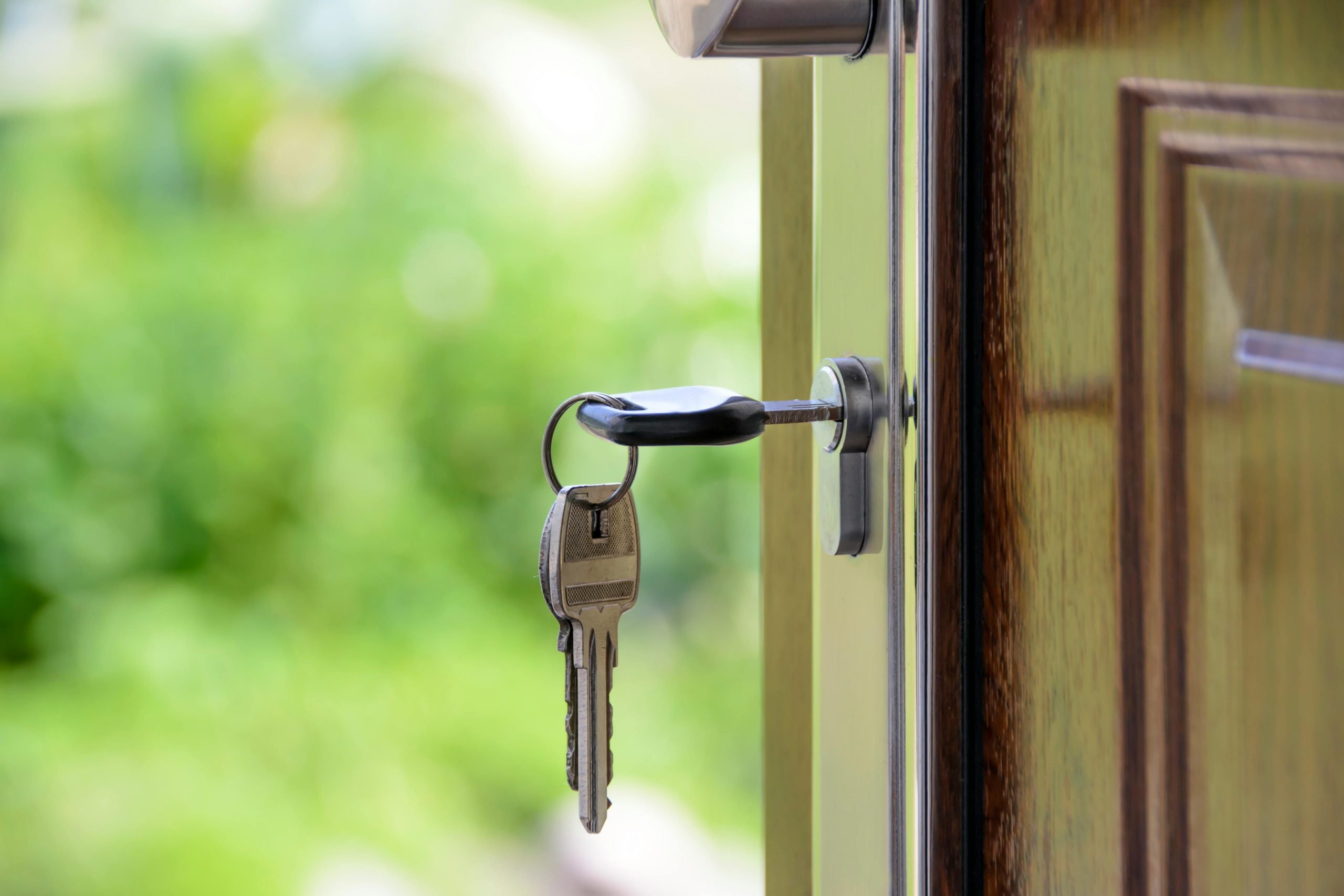Is it worth repairing my totaled car?
I have a 2016 Ford Mustang V6, and I was involved in a highway accident yesterday. Unfortunately, my car hydroplaned, causing me to drift into another lane, where a Chevy Express van struck the rear passenger side.
I received a citation for “failure to maintain lane.” Although my car is still drivable, it had to be towed home because the battery died—a prior issue I had intended to fix that very day.
I’ve been in touch with my insurance company, and they plan to have it picked up for assessment at a staging center. The agent mentioned that the photos I submitted suggest it may be a total loss, but we won’t have a definitive answer until the adjusters inspect it.
I’m starting to come to terms with the possibility that it might be totaled. After checking the Kelley Blue Book, it looks like my car’s value ranges from $8,000 to $10,500. Plus, I’ve already paid it off entirely.




It sounds like you’re in a tough situation, and it’s completely understandable to question whether to repair a totaled car. Here are a few things to consider:
Assessment from Insurance: Wait for the adjuster to evaluate your car. They’ll provide a definitive determination on whether it’s a total loss based on repair costs versus the car’s actual cash value (ACV).
Repair Costs: If the repairs are extensive and could exceed the value of the car (which seems likely if they’re considering it a total loss), it may not make sense financially. Totaling typically means that the cost to fix the car is close to or exceeds its market value.
Personal Value: Reflect on how much you value the car. If it holds sentimental value or you believe you could keep it running well with repairs, you might choose to repair it, even if it’s not the most economical option.
Insurance Payoff: If the car is totaled, remember that your insurance payout could be used towards a down payment on a new vehicle. This might offer a better long-term solution than sinking money into repairs.
Market Value: Use tools like Kelley Blue Book (KBB) and other valuation sites to gauge the fair market value of your vehicle. This can help you negotiate with your insurance company if you feel the payout offer is low.
Future Repairs: Consider any previous issues your Mustang had, like the battery problem. If there are other underlying problems, repairing it might just lead to ongoing costs and frustrations.
Ultimately, it’s a personal choice based on your finances, attachment to the car, and the extent of the damages. Once you have the adjuster’s feedback, you’ll have a clearer picture to make an informed decision. Good luck!